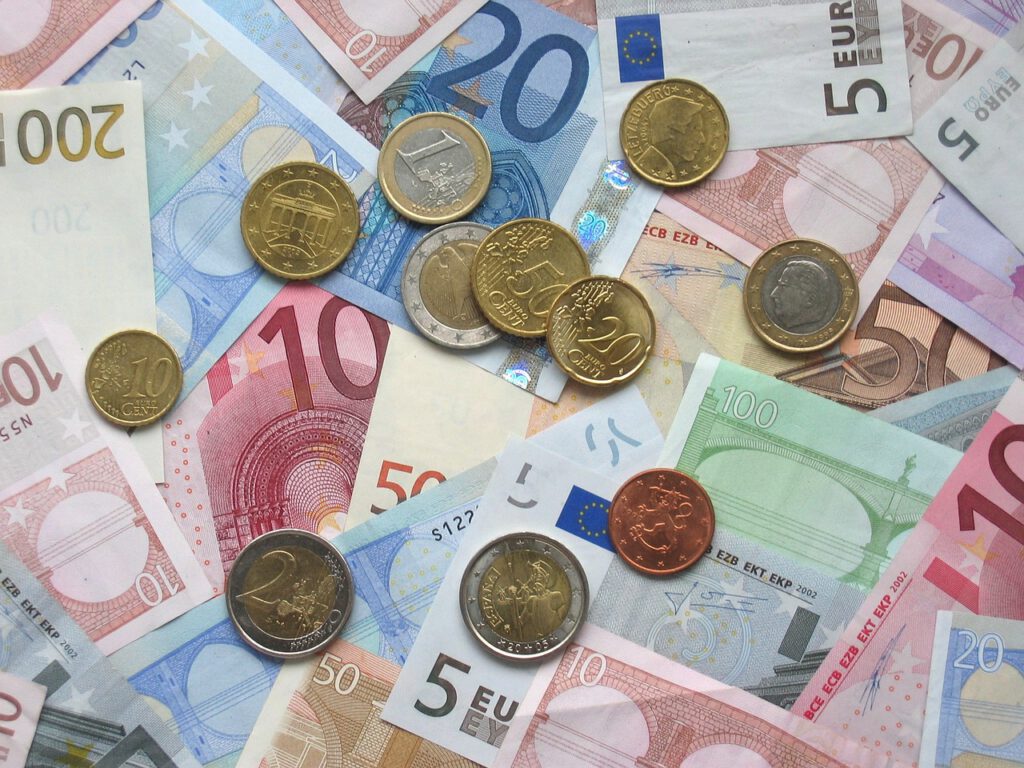
Contents
EU-wide limit for cash payments
In a significant move to combat money laundering and terrorist financing, the European Union has introduced a groundbreaking regulation establishing an EU-wide limit for cash payments. This decision marks a pivotal shift in the EU’s approach to financial transactions, aiming to enhance transparency and security across its member states.
The Decision for an EU-Wide Cash Payment Limit
The EU’s decision to implement a limit for cash payments across all member states stems from the need to address the vulnerabilities associated with large cash transactions. Cash, by its nature, offers anonymity, making it a preferred medium for illicit activities. By setting a cap on cash payments, the EU aims to curb these risks, making financial transactions more traceable and less susceptible to misuse.
Exclusion of Traders in Goods from Obliged Entities
A notable aspect of this regulation is the removal of „traders in goods“ from the list of obliged entities under the Anti-Money Laundering and Counter-Terrorist Financing (AML/CFT) framework, with a notable exception. Dealers in precious metals and stones remain obliged entities due to the high risks of money laundering associated with these commodities. This targeted approach reflects a nuanced understanding of risk across different sectors, focusing regulatory efforts where they are most needed.
Private Transactions: The Exception
The EU has made a clear distinction by excluding private transactions between individuals from this limit. This exclusion acknowledges the importance of cash in everyday transactions among citizens, ensuring that personal and small-scale financial activities remain unaffected. This decision strikes a balance between enhancing security and maintaining the flexibility and convenience of cash for the general public.
Payment Attitudes of Consumers in the Euro Area
The „Study on the Payment Attitudes of Consumers in the Euro Area (SPACE)“ provides valuable insights into how consumers use cash. Despite the digitalization of payments, cash remains a significant part of the economy, serving not just as a medium of exchange but also as a store of value. Many consumers prefer to keep cash reserves at home or in safety deposit boxes, highlighting the enduring role of cash in providing a sense of security and immediacy of access to funds.
The Continued Use of Cash
The use of high-denomination banknotes, such as €100, €200, and €500, particularly underscores cash’s role as a preferred method for savings and large transactions among certain segments of the population. The SPACE study reveals varied attitudes towards cash, with differences across countries, income levels, and age groups, reflecting the complex and multifaceted nature of cash usage in the euro area.
Conclusion
The EU’s decision to set an EU-wide limit for cash payments represents a proactive step towards a more secure and transparent financial environment. By focusing regulatory efforts on high-risk sectors and excluding private transactions, the EU aims to mitigate risks without unduly burdening its citizens. The enduring preference for cash among consumers in the euro area, as highlighted by the SPACE study, underscores the importance of considering consumer behavior in shaping effective financial policies. This balanced approach reflects the EU’s commitment to safeguarding its financial system while respecting the diverse payment preferences of its residents
Sources:
- Anti-money laundering: Council and Parliament strike deal on stricter rules https://www.consilium.europa.eu/en/press/press-releases/2024/01/18/anti-money-laundering-council-and-parliament-strike-deal-on-stricter-rules/
- ECB „Study on the payment attitudes of consumers in the euro area (SPACE)“ https://www.ecb.europa.eu/pub/pdf/other/ecb.spacereport202012~bb2038bbb6.en.pdf